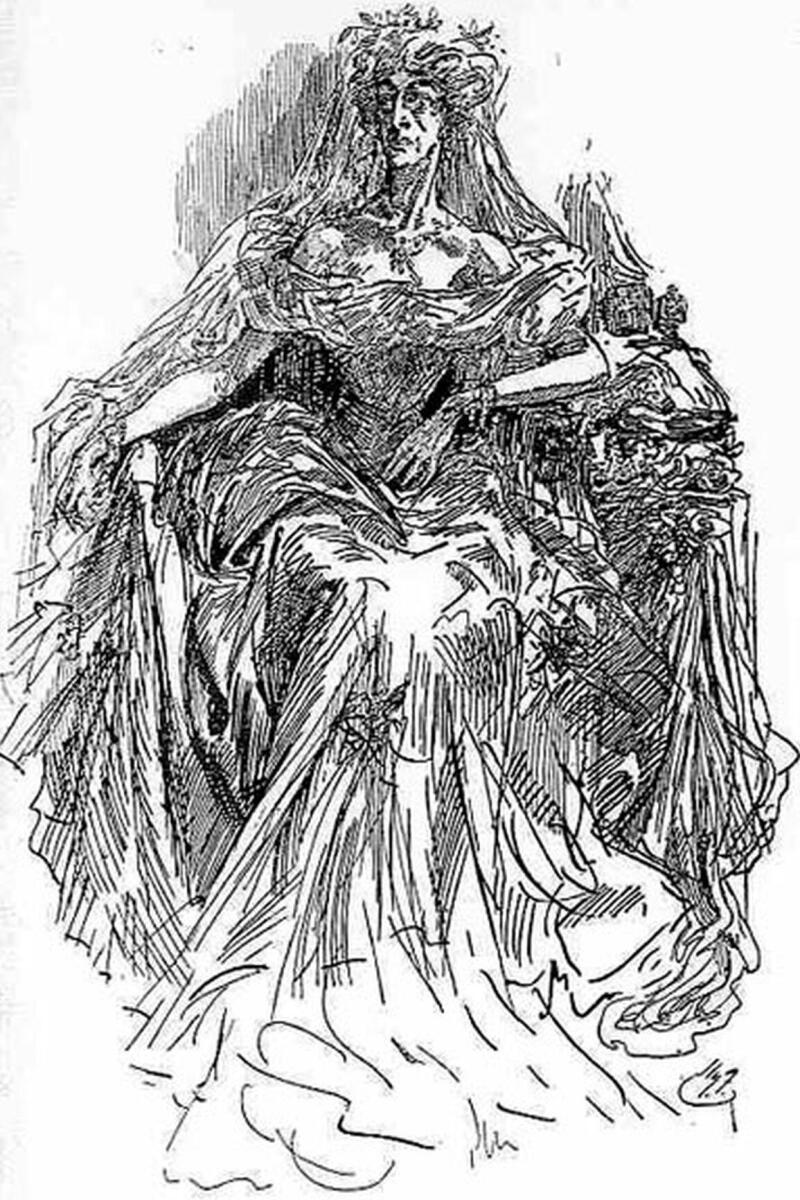
Executors of prime euro ABS trades need to offer more attractive initial pricing to pull in orders and create momentum, both for their trades and the market as a whole, now that the ECB's chequebook is no longer able to do the heavy lifting for them.
The ECB stopped buying ABS in the primary market at the end of February. As in any dependent relationship, when one partner leaves, the clocks stop, the telephone is cut off, the dog no longer barks with a juicy bone, the remaining party needs to find a new north, south, east and west — and yes, a new way through the working week.
In order to move on, issuers need to to shack up with real investors. These buyers are a little more demanding in terms of spread but more than six months on from the ECB's walkout, issuers are clinging to February's levels, making themselves hard to love.
Just this week Société Générale set initial price thoughts for a Red & Black Auto Germany deal just 4bp back of the tightest level of the year so far for German auto ABS, attained in February.
Investors must have thought the issuer had not got over its ex because it took a €30m order from the lead manager to get the deal over the line — something equivalent to a Valentine's Day card from your mum, perhaps.
But that was not the only lonely heart in the market, being just the latest in a sequence of prime deals where momentum has been slow to build in the triple-As.
Investors have said for months they want more clarity on spreads before they commit. Indeed, orders only picked up pace for Red & Black once Société Générale promised not to tighten pricing from the initial level.
September is a crucial month for euro ABS. There were nine deals marketed this week and it is likely to remain busy for at least the next two weeks. It doesn’t bode well if prime benchmark trades are being left on the shelf.
But there is hope. Once it got going, Société Générale placed more than €700m of paper with strong demand across the mezzanine tranches.
Issuers must acknowledge that the ECB has gone and it's not coming back. But can nothing now ever come to any good? You'd better believe it — a healthier relationship with real investors awaits if only issuers can move on from the unsustainable marriage of convenience they shared with the central bank.
